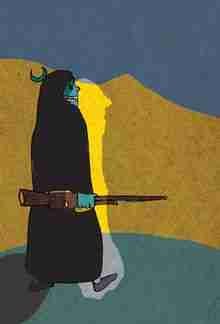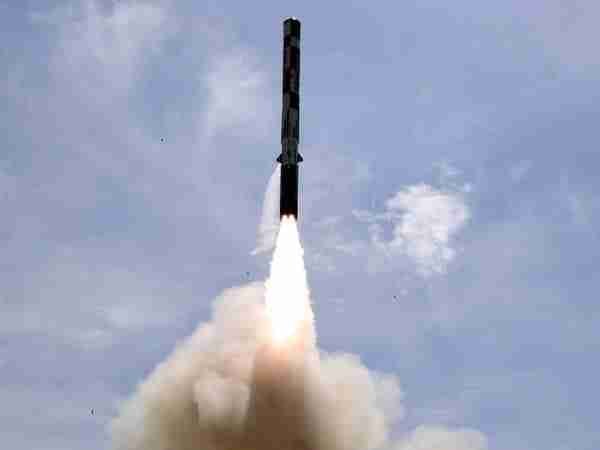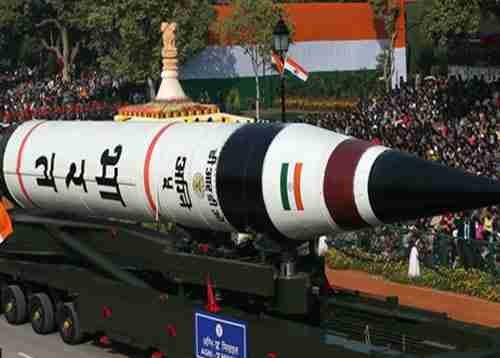Mortal obsession
Above all else, it was Pakistan’s obsession with Kashmir that led to the collapse of the NSA-level talks between Delhi and Islamabad. The talks were meant to focus on terror—as agreed in Ufa, Russia, at a meeting between prime ministers Narendra Modi and Nawaz Sharif—but Pakistan wanted to bring the focus onto the Kashmir issue. This fatal obsession of Pakistan with the ‘K’ word is at the heart of the Indo-Pak rivalry and will be so for the foreseeable future. Every time there is an Indian initiative for peace between the two countries, the Pakistani ‘deep state’ (the military and intelligence agencies) bring up the Kashmir issue and place hurdles in the process. There are many reasons why Pakistan’s army wishes to continue its confrontation with India. It gives the army its exalted status of ‘guardians of the nation’ against an aggressive India, which in turn gives it a primary role in national security and foreign policy issues, and thus the lion’s share of the country’s budget is allocated to the army, allowing its members to enjoy an imperial lifestyle and have the best possible military toys for its boys.
But how this came about is worth recapitulating. At partition, two issues led to the current primacy of the Pakistani military establishment. One was an inequitable distribution of military equipment vis-à-vis the post-independence Indian Army, and the other was the accession of Jammu and Kashmir to India, following a Pakistan-led invasion of J&K, that fell short of the capture of Kashmir’s valley in October 1947. India took the matter to the UN, and the UN resolution that followed (of 13th August 1948), has become an article of faith for the Pakistanis, even though it doesn’t quite favour Kashmir’s union with Pakistan. Instead, it calls for Pakistan’s complete withdrawal from J&K before a plebiscite. Despite that Kashmir has remained Pakistan’s dominant military ambition. Pakistan did once again attempt to re-enact the invasion of 1947 by a two-part military operation in 1965, when Pakistan’s ruler General Ayub Khan was encouraged by his young and ambitious foreign minister Zulfikar Bhutto to create an Algeria-like uprising in the Kashmir valley. This eventually led to another Indo-Pak war in 1965 that ended in a stalemate, but Pakistan claims it as a victory.
And, their humiliation in the 1971 war has led to a determination in the Pakistan army, to ‘do a Bangladesh on India’. Thus, in the 1980s, General Zia initiated the doctrine of ‘bleeding India by a thousand cuts’. For this, he used Afghan war hardened jihadis and pushed them into J&K to support a brewing political rebellion. For Pakistan’s army now defeat will come only when it can no longer resist India and, therefore, it cannot and will not accept a solution over Kashmir, whatever the illusions of political leaders in India and abroad.
It thus keeps up tension on the LoC, as a military-diplomatic tool to draw international attention to the Kashmir issue. And, successive generations of Pakistani politicians continue to promise the people of Pakistan that the process of their nation-building would truly begin in all earnestness when the Kashmir valley in particular becomes a part of Pakistan. Even the parts of J&K which are with Pakistan are yet to be fully integrated into Pakistan. This, they say, would happen when Pakistan gets the valley, as explained in great detail by Christopher Snedden in his book Kashmir: The Unwritten History.
Pakistan uses PoK to host and launch all the jihadi groups into the Kashmir valley and India. The JKLF, Hizbul Mujahideen and now the LeT were all set up and used for this purpose. And, since 1994, hardliners in the Hurriyat became the voice of these groups in the valley. Thus, the repeated Pakistani demands to formally engage with the Hurriyat is a ploy to confer on it legitimacy that would give it a formal stake in the Kashmir valley and undo the Shimla agreement that restricts engagements over Kashmir to Delhi and Pakistan.



